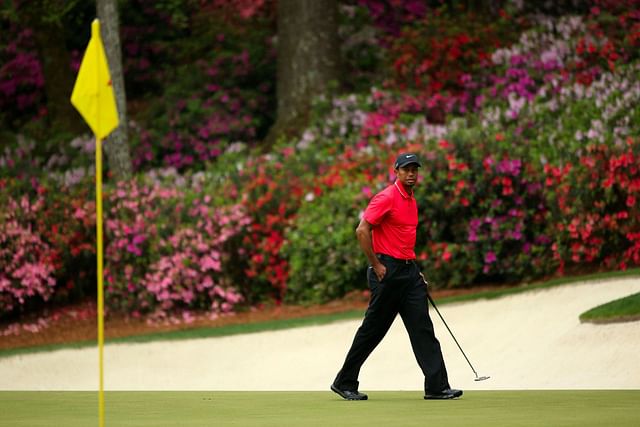Why Tiger Woods didn’t get disqualified in 2013
The current Augusta National chairman Fred Ridley, was then the chief rules official there at the time. He became aware of the incident, but he and his team decided not to confront Tiger Woods in the scoring tent.However, once Woods confessed to it after the round, they had no choice but to address the issue which was quickly gaining steam. It was becoming a controversy, and they had to react.Ultimately, they decided on a two-stroke penalty, giving Woods the score he would have had in the first place. Ridley said (via Talk Sport):“Tiger was entitled to have the benefit of that decision when he signed his scorecard. And to me it would have been grossly unfair to Tiger to have disqualified him after our committee had made that decision [not to tell him].”This didn’t wipe away the controversy, though. For example, Jordan Spieth was disqualified for incorrectly signing on a regular PGA Tour event this year. Such a mistake at the Masters should come with a harsh penalty, too.However, it was ultimately Eger’s call-in that saved Woods from being kicked out. Per journalist Michael Bamberger.“It spurred Ridley’s incorrect interpretation, which was challenged by Woods’ own comments to ESPN, which enabled Ridley to invoke Rule 33-7, the one that allows wrongs to be righted.”Ultimately, it provided the necessary context for keeping Woods in the tournament. It really didn’t matter that much, though, as he did not finish atop the leaderboard. Impressively, despite all the dropped strokes from his mistakes, he still finished tied for fourth.That penalty also didn’t prevent the victory. He was four strokes behind Angel Cabrera. It would have left him tied for third with Jason Day, but it did not prevent him from adding a 16th Major to his tally.


